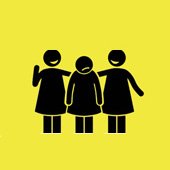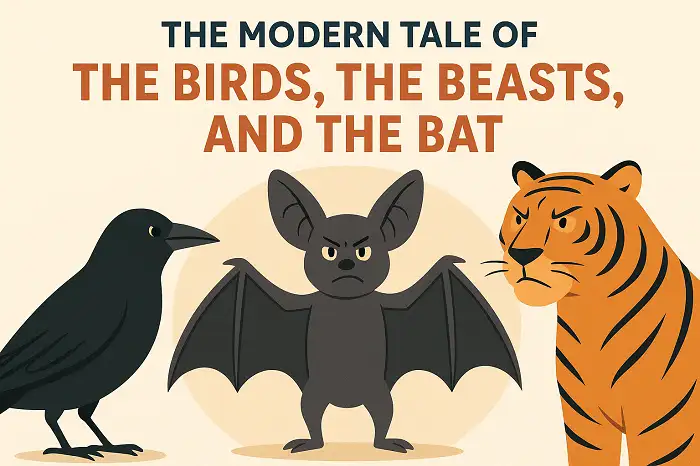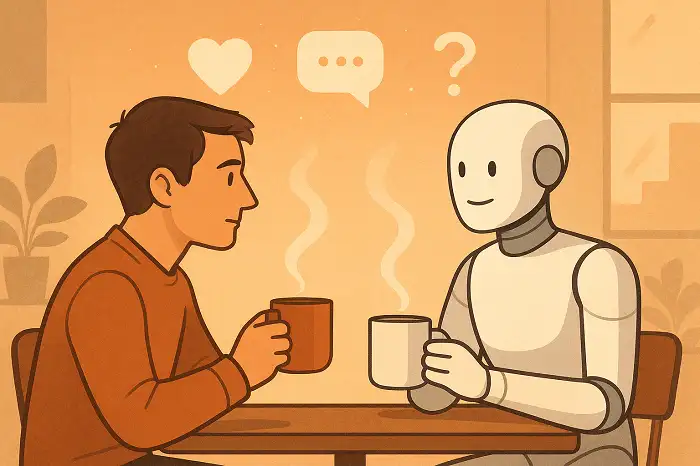Friendship IELTS Listening Reading Practice Friendship IELTS Listening Reading Practice Lecturer, author or publisher: The School of Life Friendship IELTS Reading Practice https://www.youtube.com/watch?v=wFUxiIjp-Nk Reading practice on friendship Trying to be a better friend to yourself sounds like an odd idea initially because we naturally imagine a friend as someone else, not as a part of our own mind, but there is value in the concept because of the extent to which we know how to treat our own friends with the sympathy and imagination we seldom apply to ourselves. If a friend is in trouble, our first instinct is rarely to tell them that ...
Home » Listening Practice in English » Friendship IELTS Listening Reading Practice

Friendship IELTS Listening Reading Practice
Updated: by Dr. Mohammad Hossein Hariri Asl
Time to Read: 6 minutes | 361 Views | 5 Comments on Friendship IELTS Listening Reading Practice
Share This Post
About the Author
Dr. Mohammad Hossein Hariri Asl is an English and Persian instructor, educator, researcher, inventor, published author, blogger, SEO expert, website developer, entrepreneur, and the creator of LELB Society. He's got a PhD in TEFL (Teaching English as a Foreign Language).
Number of Posts: 4242



3. Does it seem to be a logical idea to be your one and only friend? Why?
1. What is our first instinct when our friends are in trouble?
Our first instinct is often to offer help and support, wanting to comfort and assist them as quickly as possible.
1. Why is it odd to be a friend of ourselves?
It’s odd to be a friend of ourselves because friendship typically involves interactions, support, and perspectives from another person, offering a sense of connection and external validation that self-reflection alone cannot provide.